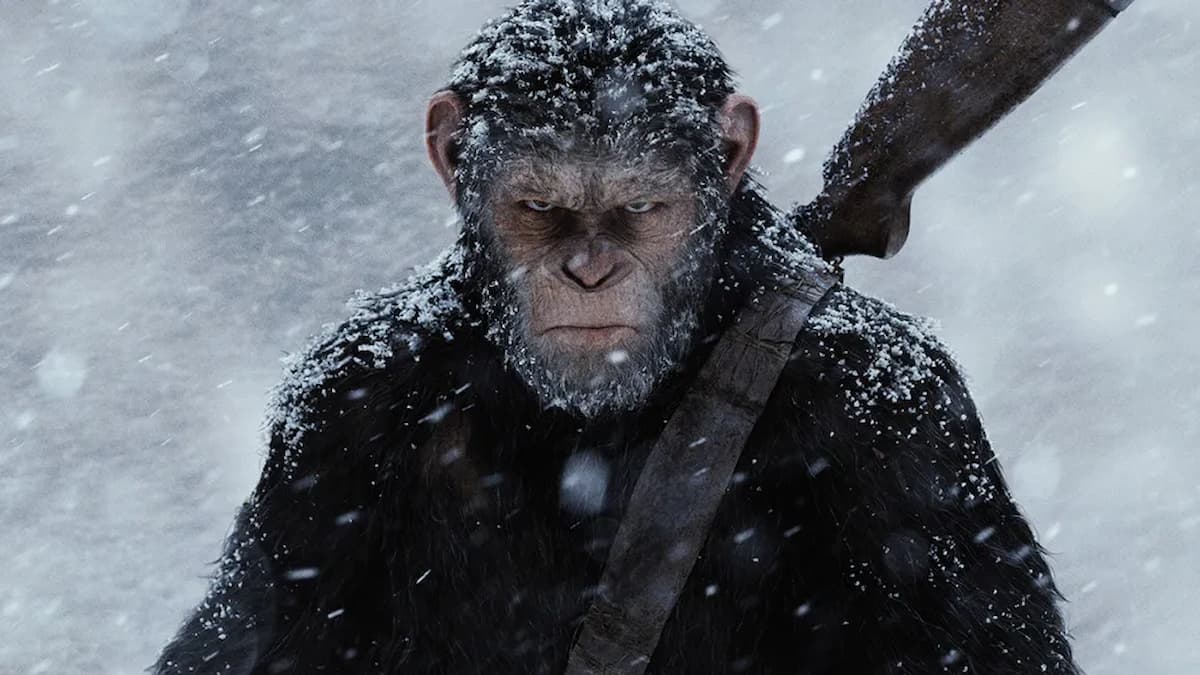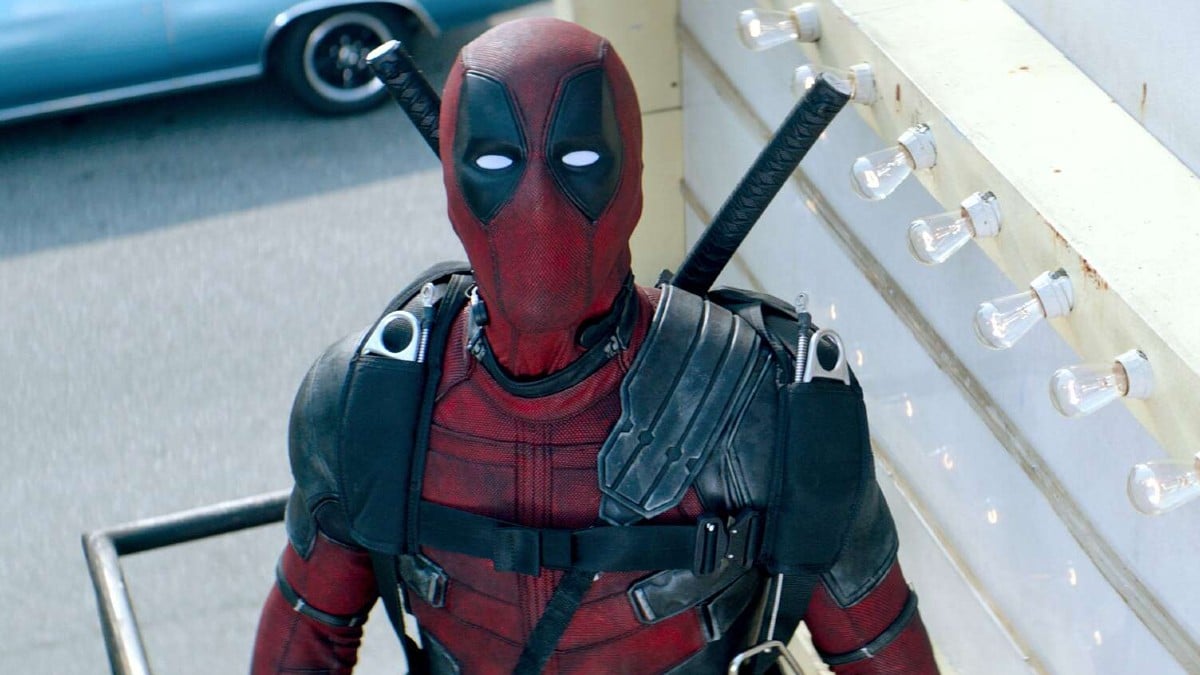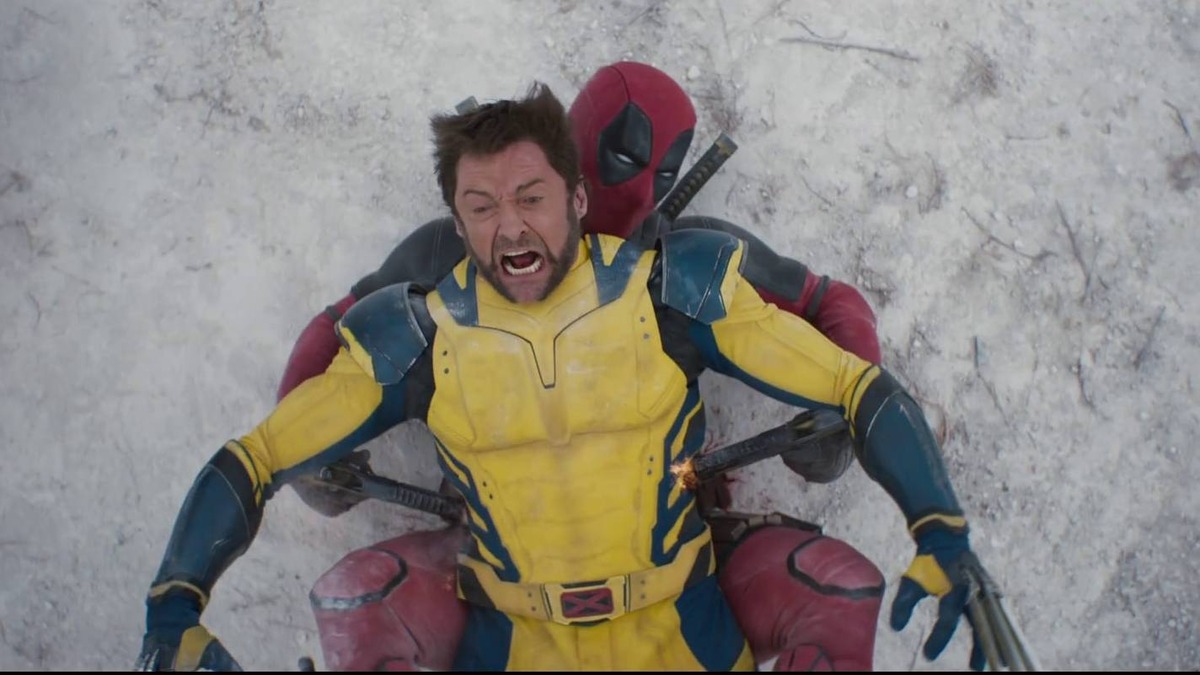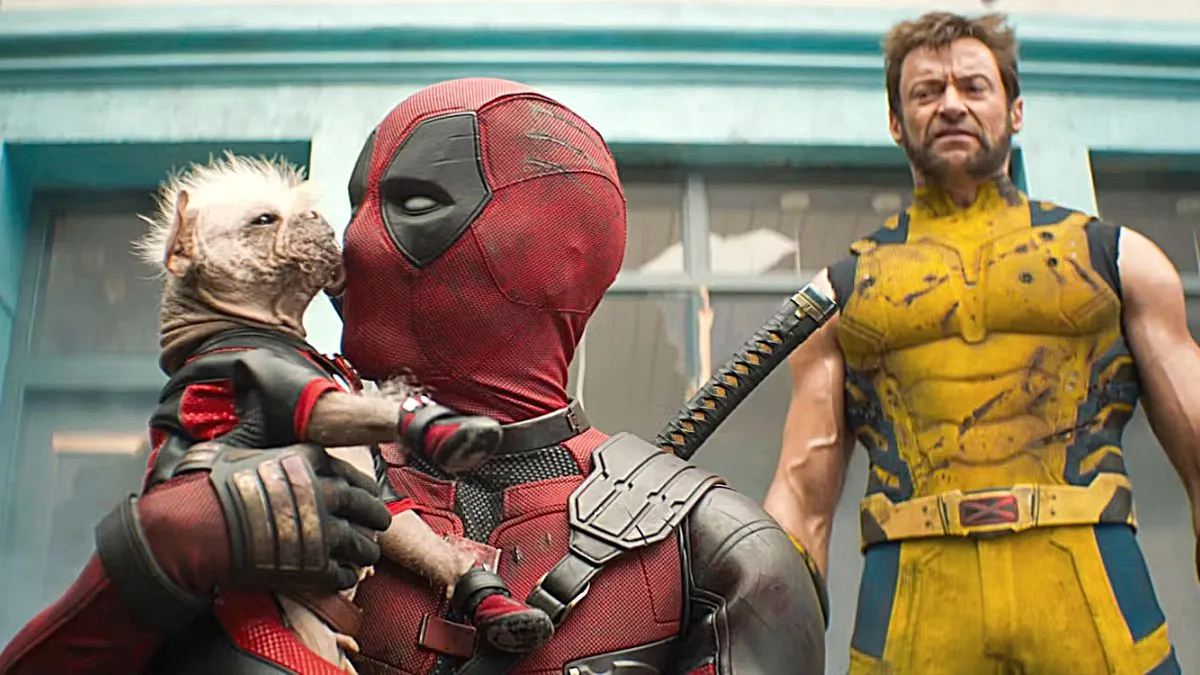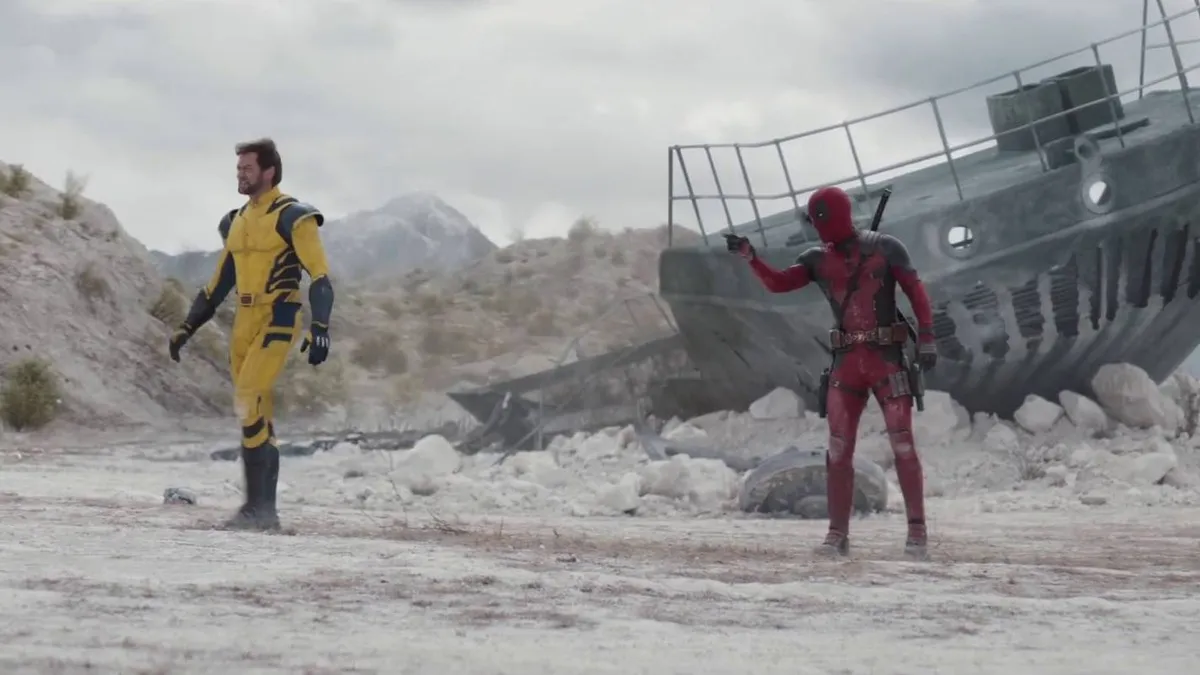The future of Star Trek on the small screen is more secure than ever, especially with CBS All Access rebranding into Paramount+. The upstart streaming service has already announced tentative plans to release a new show every quarter, but the feature film arm of the franchise remains clouded in mystery.
The cast and crew of the Kelvin timeline have no idea if they’ll be back for a fourth installment, Noah Hawley dropped his reboot and jumped ship to Hulu’s Alien series, and Quentin Tarantino’s proposed R-rated 1930s gangster movie hasn’t made much in the way of forward momentum at all.
One person with a vast knowledge of the lore to have also pitched Paramount is Robert Sallin, producer of Star Trek II: The Wrath of Khan. Of course, the film is widely regarded by fans as the greatest theatrical installment in the property’s long and illustrious history, and Sallin recently spoke to We Got This Covered and outlined his dealings with the studio, offering some insight into his plans for how to revive cinematic Star Trek.
Here’s what he had to say:
“My discussions with Paramount, and I will relate them to you in a general sense, were based on an outsider’s view. Obviously, I’m not on the inside, I don’t know all of the directions and all of the machinations and investigations that they’re going through, but I have a sense of it. I think the studio were very much on track when J.J. Abrams did the first two Star Treks, in that they borrowed heavily from Star Trek II, and that’s fine, because that’s what helped make the show as good as it is, but as the studio moved on and a lot of money was spent and the returns, while not shabby, were not what they should have been, or the studio had hoped for.”
All three of the Kelvin blockbusters cost at least $150 million to produce, and while they hardly bombed, the numbers weren’t what the studio had been hoping for. While speaking about the topic, Sallin went on to explain how going back to basics felt like a much smarter approach than giving the green light to multiple different projects at once.
“I couldn’t help but reflect that maybe they were chasing the elusive firefly, you know. There were certain basic elements that went into the original Star Trek, along with certain human beings and relationships that developed, and without those people I think it’s very hard to replicate that feeling in depth.
That said, you want the franchise to move forward. My proposal to them, which again was from an outside perspective, was that while they seemed to be exploring a number of diverse directions, Quentin Tarantino was one, Noah Hawley was another, and they seemed to be going back and forth and they seemed to be having problems with getting some of the cast members, Chris Hemsworth and some others, it just seemed to be a lot of turmoil.”
Continuing on, he said:
“My perspective was that they should really step back, and recognize the fact that, look, in order to do this and find the direction that made Star Trek what it is, or was originally, and the thing that the fans value the most, they should take their time. They shouldn’t feel the pressure of, you know, firing off in various directions. I think it needs more time. Granted, I don’t know where they’ve gone other than what I hear, but my perspective is if I was running the show then I would say, you know what, we really need to think this thing through and we need to analyze what we can and can’t do for the future, and how we can ensure that the franchise continues in the manner that it was originally, which is what the fans really yearn for.
So I said to them, look, if I was sitting in the top seat I would just pull back, but in the interim you have to recognize that the fans are hungry, the fans really want another Star Trek film or films, and I had developed a concept, and I had roughed it out. I had the whole structure, and I even had some specific scenes that I’d written myself, and I didn’t want to divulge any of that to them until I knew that they were receptive, but my concept is one that has never been done in Star Trek and I know from my heart of hearts, and I know from my own experience, that the fans would find this intriguing and rewarding and satisfying.”

Of course, every major brand in Hollywood doesn’t get a new movie unless there’s clear franchise potential in mind, and Sallin admitted that his pitch wasn’t designed with the intention of launching a multi-film series, which may have cooled interest on the studio’s part when they’re keen to continue monetizing Star Trek for as long as possible.
“Unfortunately, or fortunately depending on your perspective, the concept I have in mind is not expandable. In other words, it’s good for one or two features, but that’s about it. It does have a place, and it would very quickly become a significant element in the Star Trek canon, so I think I’m as qualified as anyone to talk about what would or wouldn’t be part of that, and that’s my approach. Unfortunately, the studio decided that doing that was not something they wanted to pursue. So, I graciously tipped my hat and thanked them for their time, and said ‘I’ll be waiting to see what you do next’.
So that’s kind of where I went with it, and I did have a my conversations, a number of them, with key people there. But the approach that I just outlined was not something they were interested in, which I think is kind of sad, because I think I know how to do a Star Trek, and I think I know how to do a Star Trek that’s appropriate for the time. And considering the resources, my Star Trek could have been done for probably about a third of what they spent on the last two features. So it was more than just a seed, it was a whole strategic approach to developing where you go, what they should do in the interim, and hopefully make something come out of it that would lead me to become more deeply involved.”
Time will tell what the next big screen outing for the Enterprise crew eventually turns out to be, but there’s always the chance that Paramount could find themselves exploring multiple potential avenues once again should Star Trek remain stuck in its current holding pattern for much longer.




















































